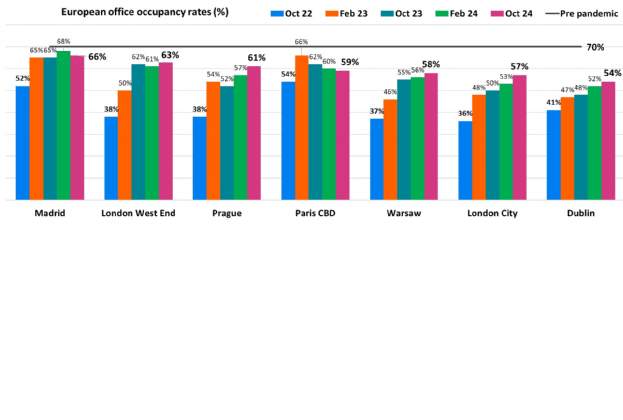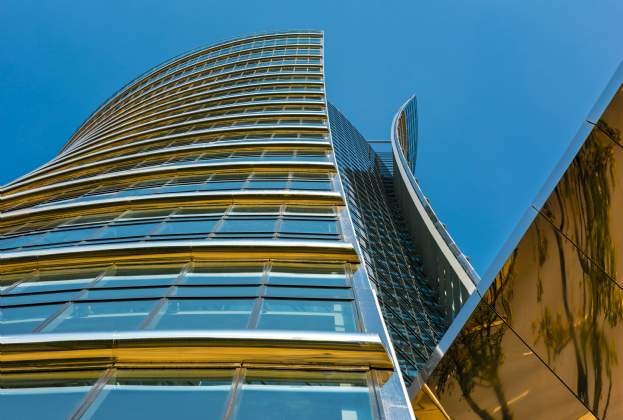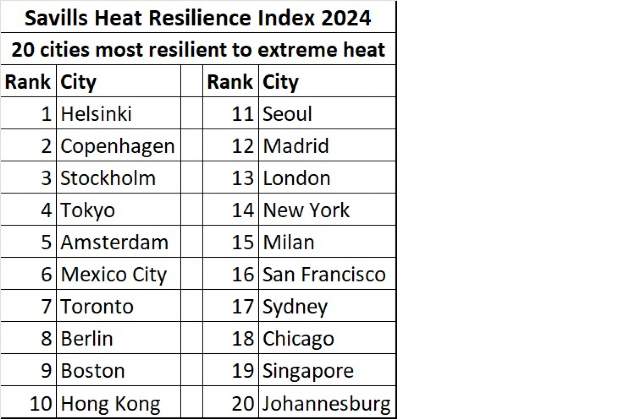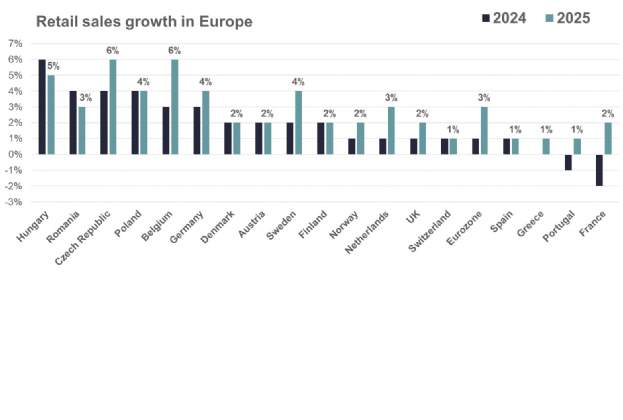The ‘Prague Tomorrow?’ website has 184 development projects listed
In May, the Prague Institute of Planning and Development (IPR) launched the ‘Prague Tomorrow?’ website, which looks to make available publicly the details of all the development projects planned for Prague, those underway and those just completed. It currently has 184 development projects listed on the site. This relatively low number and the number of projects that will clearly fail to meet their expected completion dates serve to show that Prague will continue to struggle to get projects underway until the city streamlines the building permitting process and finalises the new Metropolitan Plan.
There is no doubt the ‘Prague Tomorrow?’ website will be a valuable tool for both the general public and industry professionals alike. It is a comprehensive database of construction and development projects, ranging from the minor development of urban vacant lots, to the reconstruction of entire streets and squares, all the way up to the development of large transformational areas. However, Savills has already identified one large project missing: ACS Properties’ hotel and business centre complex to be built around the stadium of Sparta Prague in Letna.





.jpg)

.jpg)
.jpg)
.jpg)